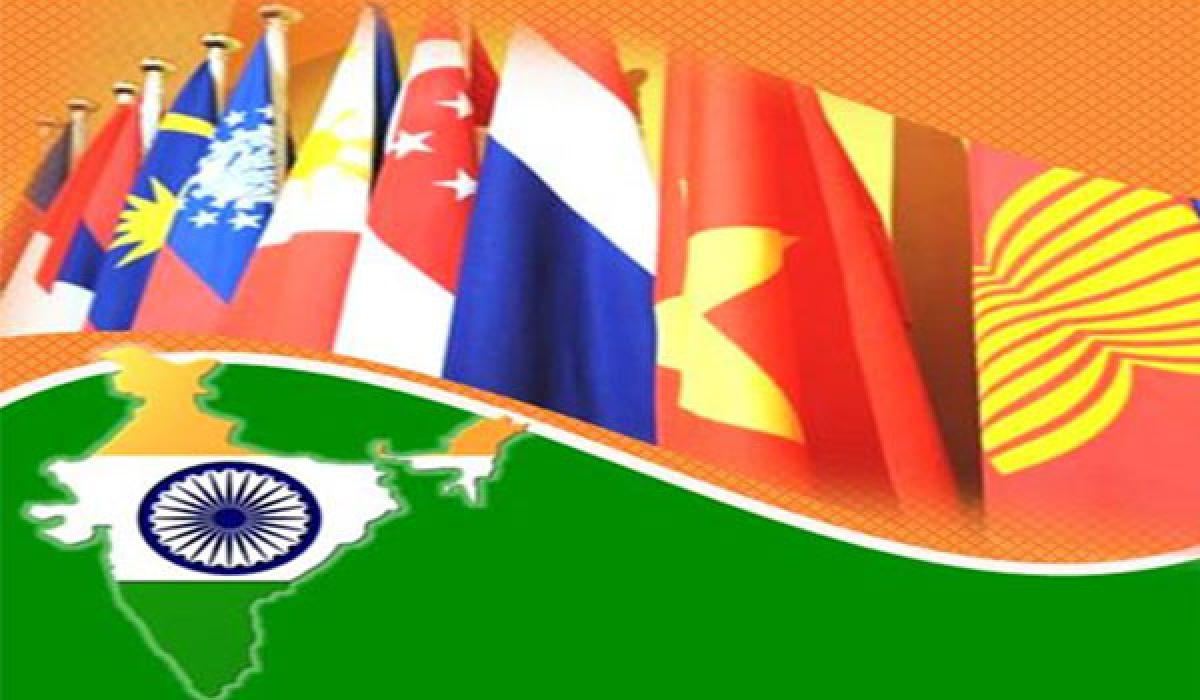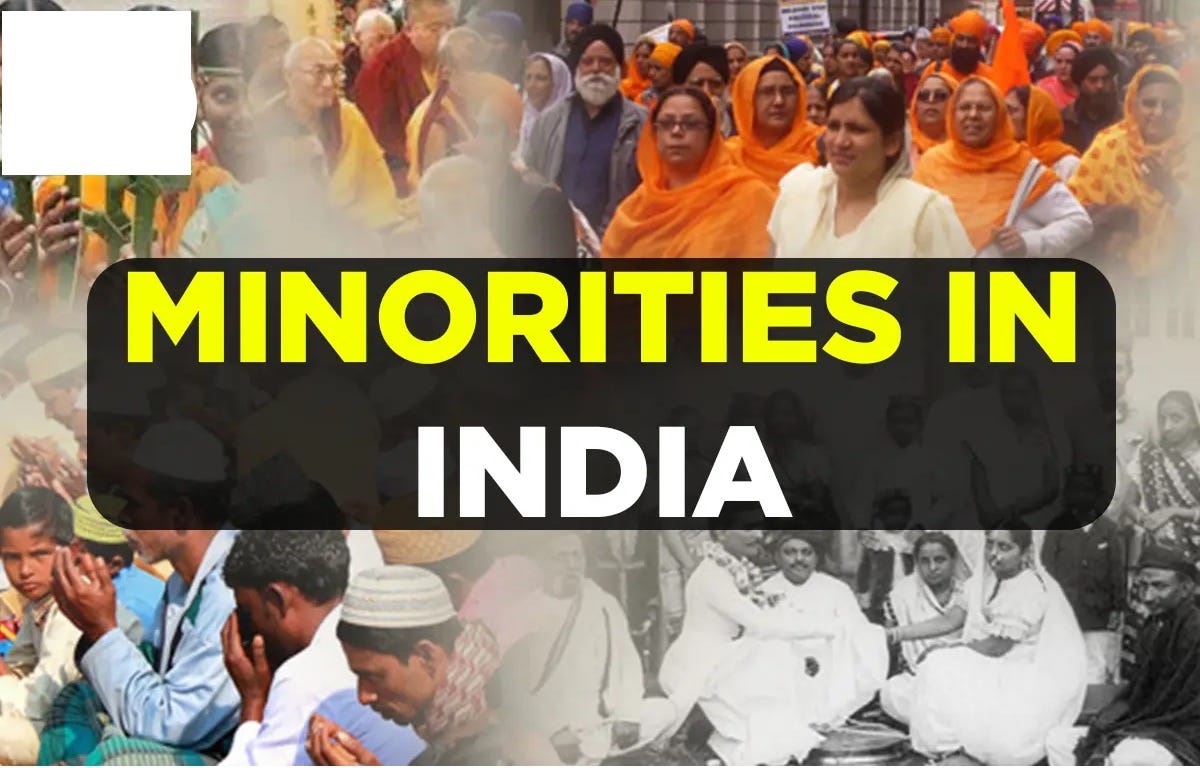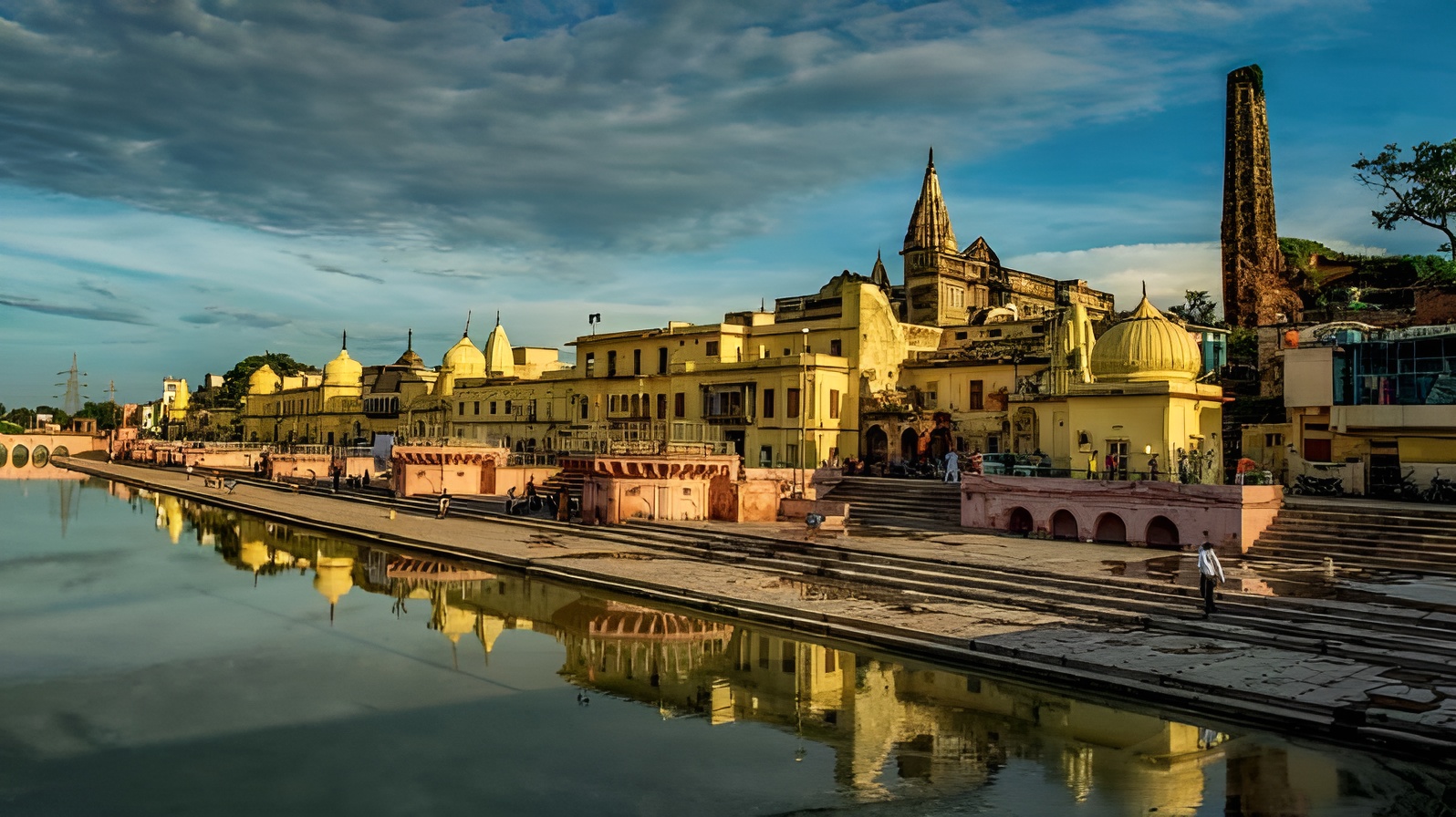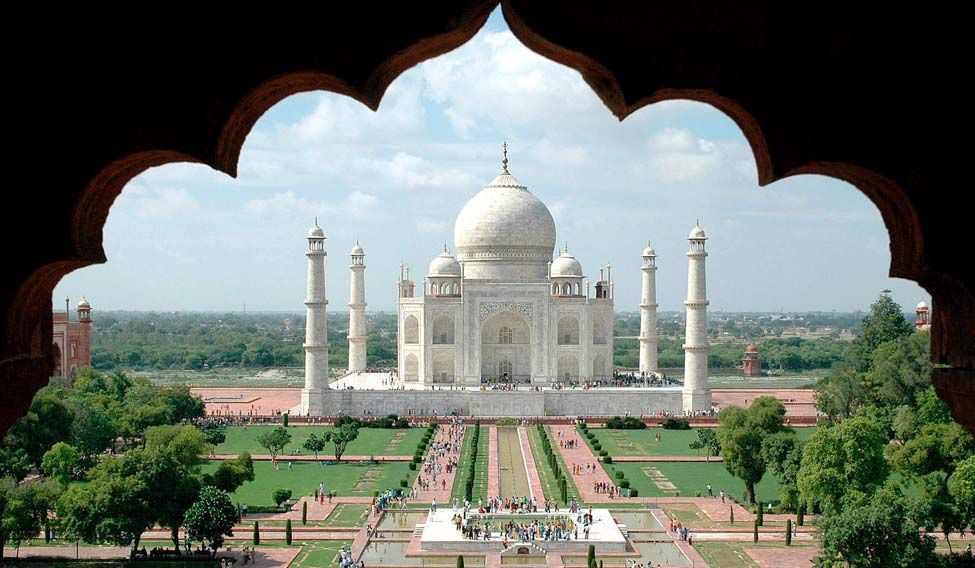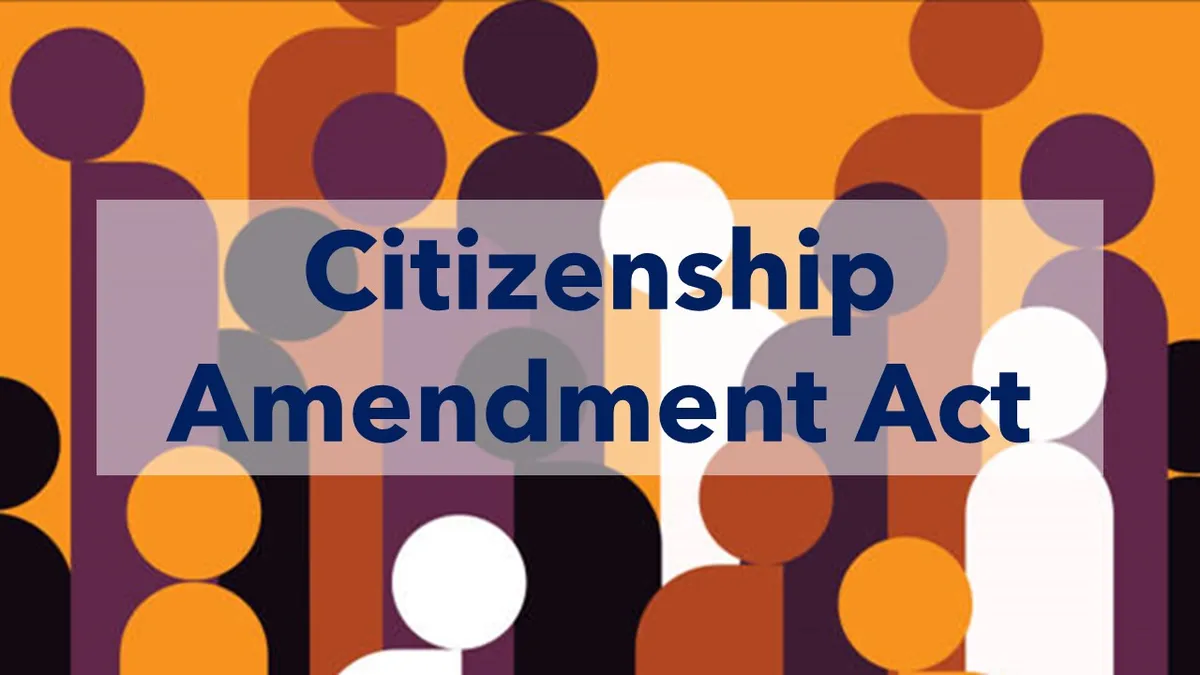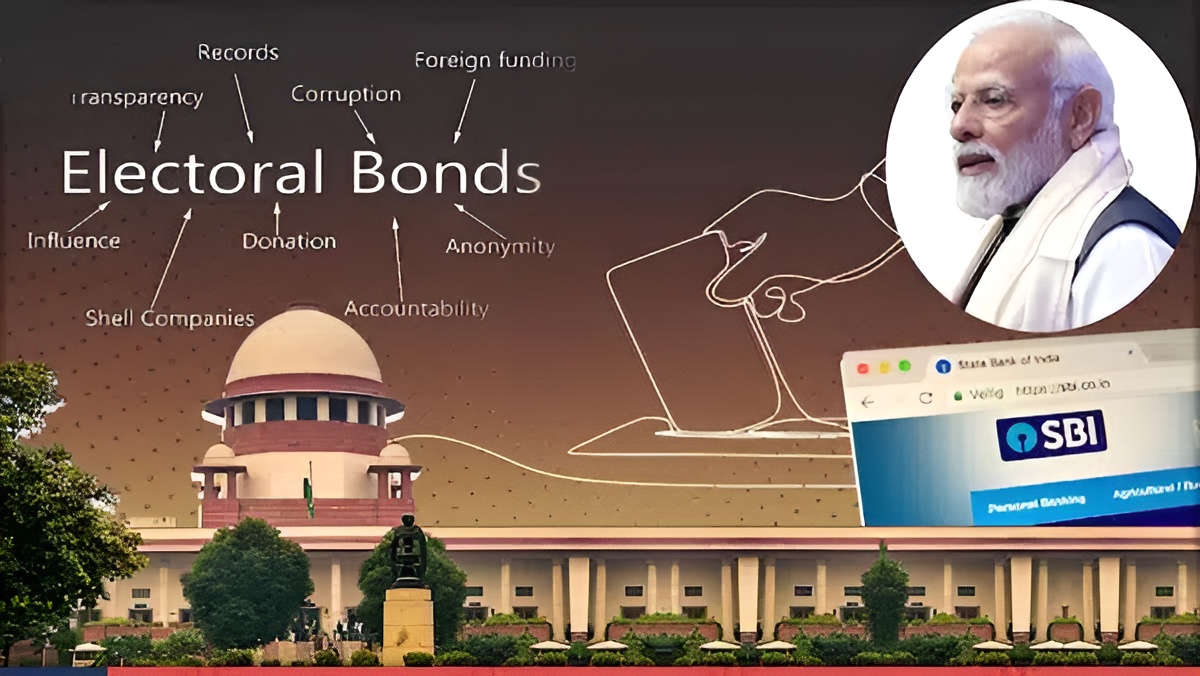The last decade has seen a remarkable change in the complex network of world politics, where changes are frequently measured in decades instead of days. This development isn’t limited to the international arena; India’s political environment has experienced profound changes that have unavoidably altered its foreign policy. Prime Minister Narendra Modi, whose direct engagement has helped India establish a unique position on the global stage, is leading this recalibration.
The days of dismissing Modi as a local politician with little interest in international events are long gone. His pragmatist approach, rooted in the ‘India first’ mentality, has confused friends and detractors equally. Modi’s tenure has defied early predictions, leaving an indelible mark on Indian diplomacy, from the unexpected invitation given to South Asian neighbours for his inaugural ceremony in 2014 to the upcoming visit to Bhutan during a busy election campaign.
The fundamental changes in the international order are largely responsible for India’s rise to prominence in the debate worldwide. With China’s appeal dwindling in the West and India emerging as the largest economy developing at the quickest rate in history, New Delhi is suddenly the centre of attention. India is a desirable alternative on the international scene due to its advantageous demographics and strategic location in the Indo-Pacific.
India has changed its reputation from being a passive observer to a proactive “rule-shaper” under Modi’s leadership. Under Modi’s guidance, diplomatic manoeuvres have helped India realise its goal of playing a larger role in international affairs. The recent naval action off the coast of Somalia is a prime example of India’s readiness to take on operational duties and protect critical maritime interests.
During Modi’s presidency, the artificial divide between overseas engagements and home imperatives has become less evident. Since India’s development depends on a favourable international climate, diplomacy has been adjusted to better suit national goals. Partnerships are formed on the basis of shared interests rather than ideological affinities, and pragmatism is the dominant ideology. India has demonstrated skill in protecting its international engagements from the surrounding unrest, whether it is cultivating connections with the West or managing the complications of the Ukraine crisis while maintaining links with Russia.
Modi’s foreign policy concept is centred around the ‘Neighbourhood First’ approach, which is designed to promote stability and prosperity in the area. India has shifted its focus from the Pakistan-centric narrative to the Bay of Bengal maritime theatre, thereby drawing attention to China’s larger issue. A turning point was the Galwan Valley standoff, which demonstrated India’s determination to resolve border conflicts before normalising relations with China.
India has abandoned its ideological constraints and adopted a more pragmatic approach, willing to take on opponents and build partnerships. Whether it’s opposing China’s Belt and Road Initiative, acting aggressively in the face of military provocations, or interacting with the US outside of formal alliances, India acts in its own best interests. Modi’s focus on strengthening domestic capacities highlights India’s increased self-assurance in handling international dynamics.
India’s story has taken a significant turn since it emerged as a responsible stakeholder, combining traditional values with modern responsibilities. India’s leadership during the COVID-19 epidemic was demonstrated by the Vaccine Maitri effort, which highlighted the country’s readiness to provide solutions to global problems. Modi’s leadership of the G-20 presidency highlighted India’s growing influence in influencing international debate.
Modi has stitched a tale into the fabric of world politics that speaks to India’s ambitious mindset. He has not only capitalised on the people’s hopes for a better future, but he has also shaped them into his own image. With the decade coming to an end, Modi will go down as a formidable foreign policy architect for India.
